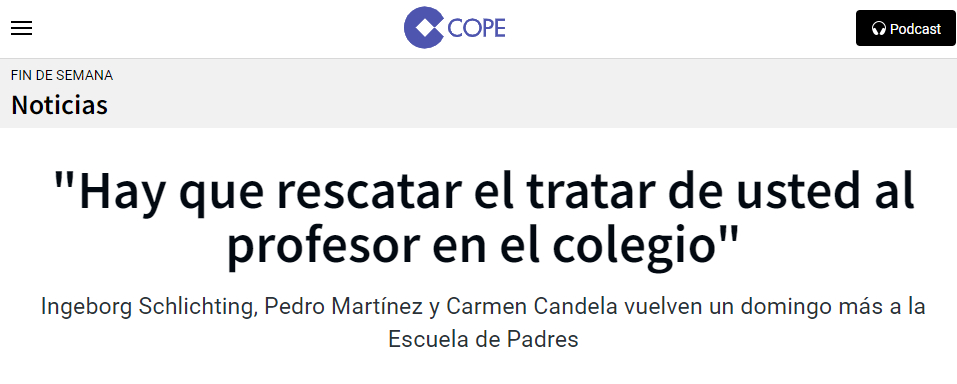Lío (the noun) and liar or liarse (the verb) have many common uses in Castilian Spanish, all of which we’ll go over now. They all have to do with entanglement, literally or figuratively speaking.
Un lío can refer to a complication, trouble, a drag, or chaos.
Examples:
Ahora tengo que ordenarlo todo por orden alfabético. ¡Qué lío!
Now I have to order it all alphabetically. What a drag!
Hay un montón de lío en la calle, se nota que es Carnaval.
The streets are packed and chaotic, you can tell it’s Carnival.
Spaniards also use the expression meterse en un lío (or meterse en líos), to get into trouble or deep water.
Example:
No te metas en líos, que eres un bocazas.
Don’t get in trouble, you big mouth.
Lío can also be used to refer to an actual mess, a bundle or heap.
¡Menudo lío de papeles tienes en la mesa!
What a complete mess of papers you have on your desk!
Then lío can also be used to talk about a fling or an affair.
Example:
Tuve un lío con el hermano de Daniel.
I had a fling with Daniel’s brother.
In many ways, lío can be used in a similar way to the word rollo, although lío is always a complication or mess, whilst rollo can have more of generic ‘thing’ or ‘thingamabob’ usage to it as well.
Now for the verb: liar, or in its reflexive form, liarse.
Liar is a less common way of saving to wrap or package (Spaniards usually say envolver), or to tangle, but it is also used when speaking about rolling cigarettes or cigars.
Example:
¿Me compras tabaco de liar?
Will you buy rolling tobacco for me?
Liarla has a very interesting meaning – to mess things up. If you want to sound very Spanish, you should use the expression liarla parda, which means to either make a complete mess of things or get into hot water, or to have a massive celebration.
Examples:
No la líes, que te conozco.
Don’t mess things up, I know you
Este finde nos vamos a Benidorm y vamos a liarla parda.
We’re off to Benidorm this weekend and we’re going to go mental.
Lo siento mucho, la he liado parda.
I’m really sorry, I’ve really cocked things up.
Then there’s liarse, which means to get involved, to get mixed up in, to get embroiled or to get distracted or confused.
Examples:
No te líes, vete a clase ya que vas a llegar tarde.
Don’t get distracted, go to class now as you’re going to be late.
A ver, me estás liado con estas historias.
Come on, you’re confusing me with all this storytelling.
And finally there’s liarse con alguien, to have a romantic affair or sexual encounter with someone.
Example:
Hace más de un año que no me lío con nadie.
It’s been more than a year since I haven’t had a fling with someone.




 Please whitelist us to continue reading.
Please whitelist us to continue reading.
Member comments